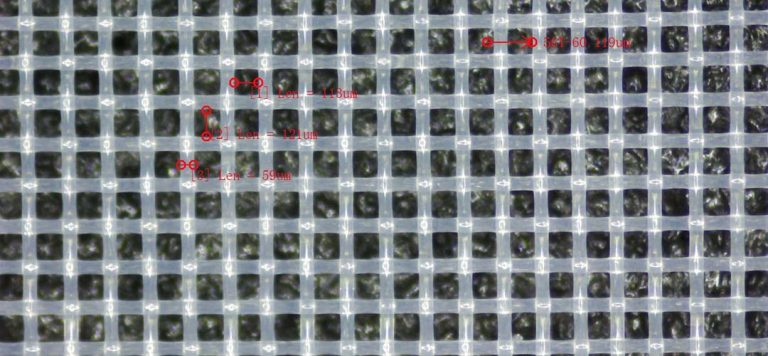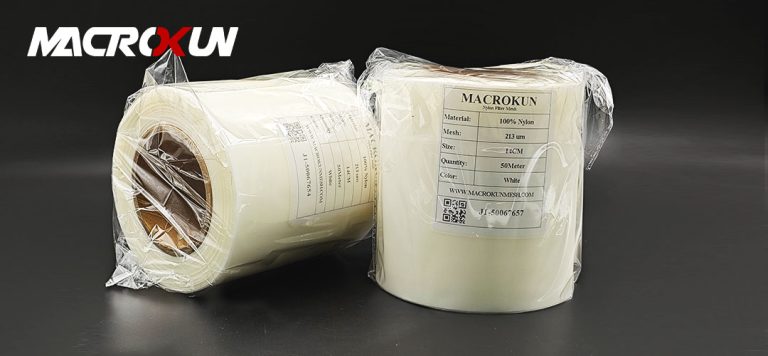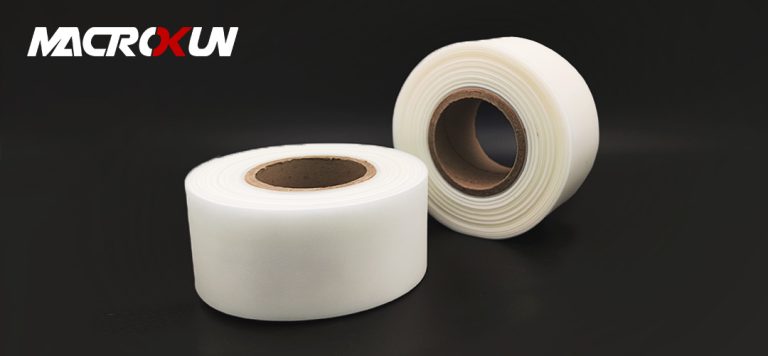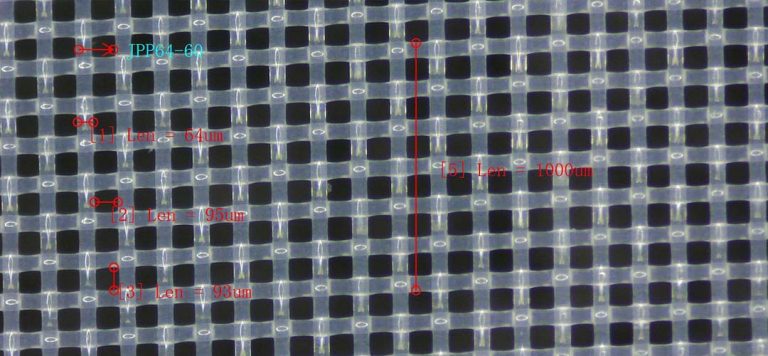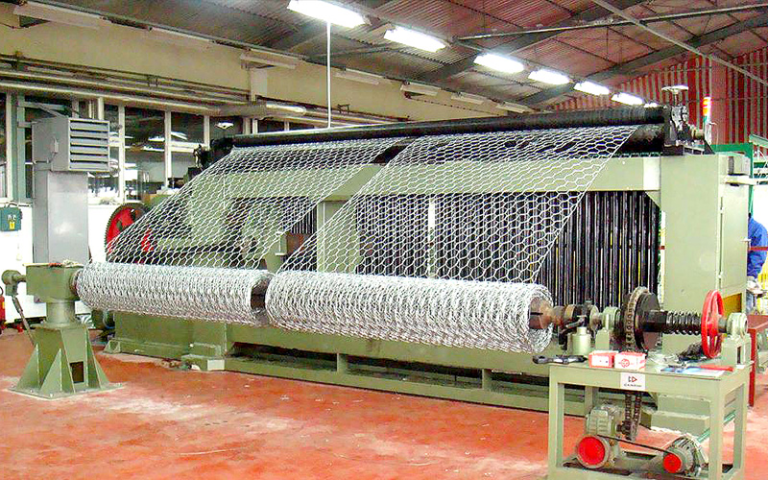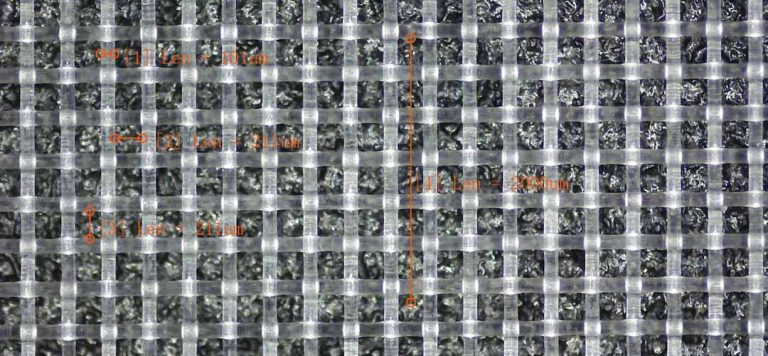# Enhance Your Operations with Bag House Filter Efficiency
Table of Contents
Understanding Bag House Filters

Bag house filters are essential components in various industrial processes, designed to capture particulate matter from exhaust gases. These filters utilize fabric filter bags to trap dust and other particles, ensuring that emissions meet environmental regulations. The efficiency of bag house filters directly impacts operational costs and air quality, making it crucial for businesses to invest in high-quality systems.
Proper maintenance and selection of the right filter bags can significantly enhance bag house filter efficiency. Factors such as airflow rate, particle size, and the nature of the dust being collected must be considered when choosing a filter. Investing in advanced bag house filters can lead to reduced downtime and increased productivity, ultimately benefiting your bottom line.
The Importance of Filter Efficiency
Filter efficiency is a critical factor that determines how effectively a bag house filter captures pollutants. Higher efficiency means fewer emissions and greater compliance with environmental standards. This is particularly important for industries such as manufacturing, food processing, and pharmaceuticals, where strict regulations are enforced.
When selecting a bag house filter, it’s essential to look for products that offer high filtration efficiency ratings. This ensures that your facility remains compliant while also reducing the risk of costly fines. Additionally, efficient filters contribute to a healthier work environment by minimizing airborne contaminants, thus protecting your employees’ well-being.
Choosing the Right Bag House Filter
Selecting the right bag house filter can be a daunting task, given the variety of options available on the market. Consider factors such as the type of materials you will be filtering, the volume of air being processed, and the specific requirements of your facility. Consulting with industry experts can provide valuable insights and help you make informed decisions.

One key aspect to evaluate is the filter media used in the construction of the bags. Different materials offer varying levels of efficiency and durability. For instance, polyester filter bags are known for their versatility and resistance to heat, while PTFE bags provide superior filtration for fine particles. Understanding these differences will enable you to choose the most suitable filter for your needs.
Maximizing Performance with Regular Maintenance
To ensure optimal performance, regular maintenance of bag house filters is essential. Scheduled inspections and timely replacements of filter bags can prevent issues such as reduced airflow and inefficient filtration. Implementing a proactive maintenance plan will not only extend the life of your equipment but also enhance overall system efficiency.
It’s advisable to monitor the pressure drop across the filter regularly. An increase in pressure drop can indicate that the bags are becoming clogged and may need cleaning or replacement. By staying ahead of maintenance needs, you can avoid unexpected downtimes and keep your operations running smoothly.
Invest in Quality for Long-Term Savings
Investing in high-quality bag house filters pays off in the long run. While the initial cost may be higher, the benefits of improved efficiency, lower energy consumption, and reduced maintenance costs far outweigh the investment. Choosing durable materials and reliable manufacturers ensures that your filter system remains effective for years to come.
In addition to cost savings, enhanced filter efficiency can lead to better product quality and reduced waste. This is especially important for companies aiming for sustainability and environmental responsibility. By prioritizing bag house filter efficiency, you are not only improving your operations but also contributing to a cleaner planet.

